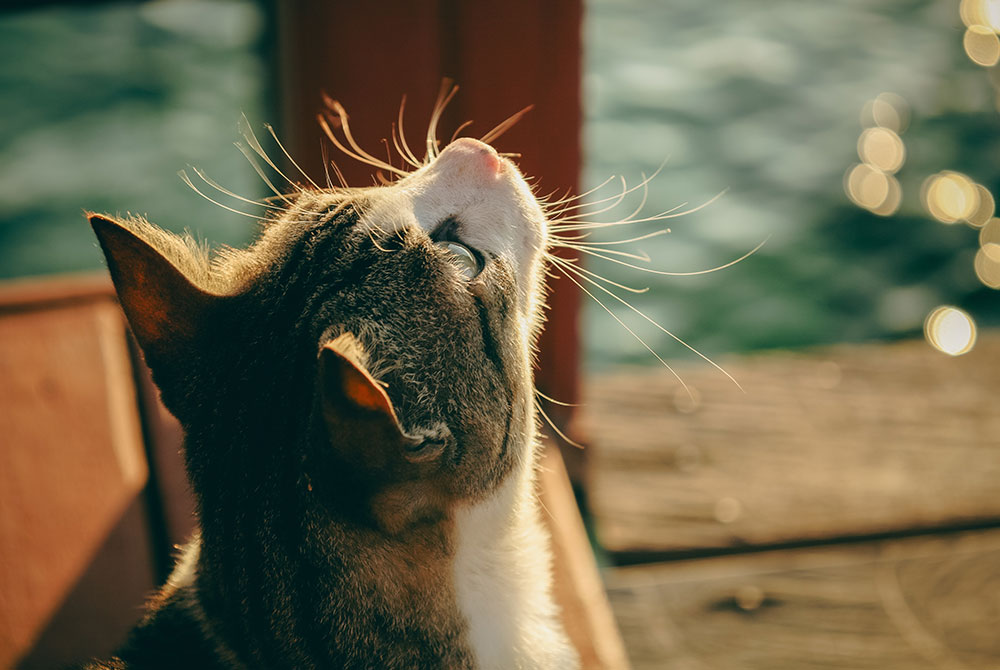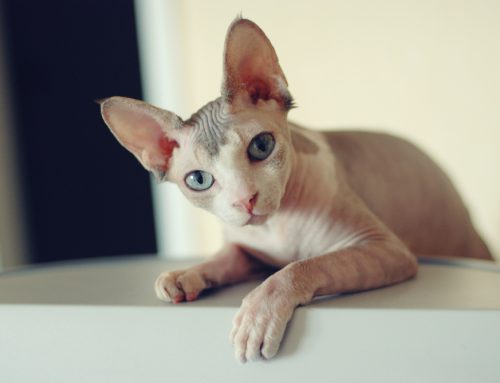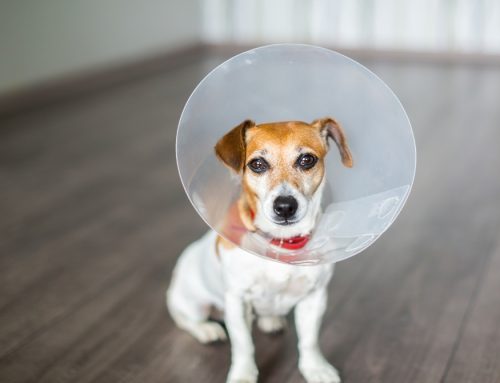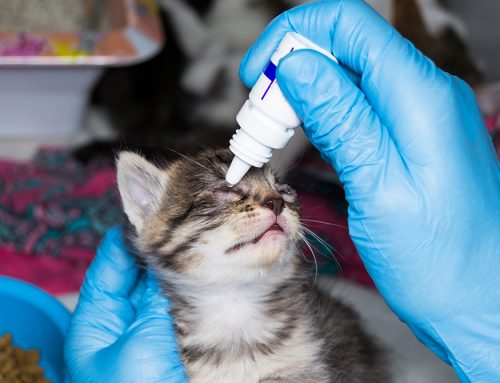What is Feline Infectious Anemia?
Feline Infectious Anemia (FIA) is a serious disease caused by the bacteria Mycoplasma haemofelis, which infects red blood cells in cats. This condition can lead to severe anemia and a range of health issues. FIA is sometimes referred to as Feline Hemotropic Mycoplasmosis.
Causes and Transmission
FIA is primarily transmitted through:
- Flea Bites: Fleas are a common vector for the bacteria.
- Blood Transfusions: Although rare, the disease can spread through contaminated blood.
- Bite Wounds: Cats with bite wounds from other infected cats may also spread the bacteria.
Symptoms
Signs of Feline Infectious Anemia can vary but often include:
- Paleness: Noticeable pallor in the gums and tongue.
- Weakness: Lethargy and decreased activity levels.
- Loss of Appetite: Reduced or absent interest in food.
- Weight Loss: Gradual or sudden decrease in weight.
- Fever: Elevated body temperature.
- Jaundice: Yellowing of the skin and eyes.
- Rapid Breathing: Increased respiratory rate due to anemia.
Diagnosis
Diagnosing FIA involves several steps:
- Physical Examination: Initial evaluation by a veterinarian to assess symptoms and overall health.
- Blood Tests: Including a complete blood count (CBC) to detect anemia and the presence of Mycoplasma haemofelis.
- Blood Smear: Microscopic examination of blood samples to identify bacteria on red blood cells.
Treatment
Treatment for FIA typically includes:
- Antibiotics: To target and eliminate the Mycoplasma haemofelis bacteria. Commonly used antibiotics include doxycycline or azithromycin.
- Supportive Care: Including fluids, blood transfusions if needed, and medications to support red blood cell production.
- Flea Control: Managing and preventing flea infestations to avoid further transmission.
Prevention
Preventive measures include:
- Regular Flea Control: Consistent use of flea prevention products.
- Routine Veterinary Check-ups: Regular visits to the vet to monitor and manage your cat’s health.
- Avoiding High-Risk Situations: Keeping your cat indoors or limiting interactions with potentially infected animals.
When to Seek Help
If you notice any signs of FIA or suspect your cat may have been exposed to the disease, seek veterinary care immediately. Early intervention is crucial for the best outcome.
Contact Mission Veterinary Clinic
For urgent care and immediate assistance, visit Mission Veterinary Clinic:
Address: 16915 San Fernando Mission Blvd, Granada Hills, CA 91344
Phone: 818-363-8143
Please note that Mission Veterinary Clinic operates on a walk-in basis and does not accept appointments. Patients are triaged and seen based on the severity of their condition.
Website: missionvet.com










Leave A Comment